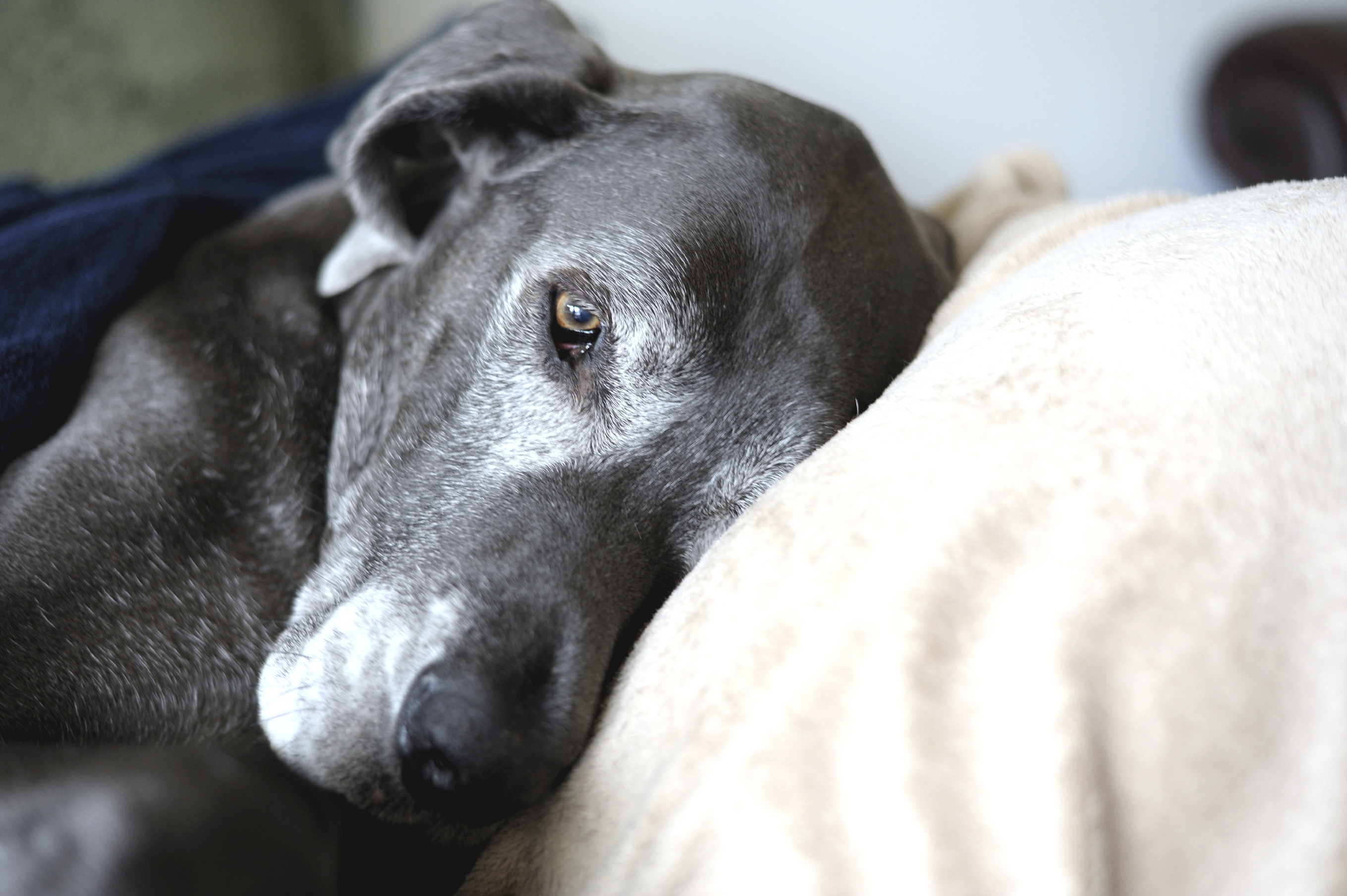Growing Old Gracefully: Optimal Wellness For Your Senior Pet
 Thanks to significant advances in veterinary medicine, along with a respect for animals not seen in previous generations, pets are living longer than ever before. Although our adult pets may be active, playful, and in good health, many of us are not aware that after 6 or 7 years of age most cats and dogs are considered seniors.
Thanks to significant advances in veterinary medicine, along with a respect for animals not seen in previous generations, pets are living longer than ever before. Although our adult pets may be active, playful, and in good health, many of us are not aware that after 6 or 7 years of age most cats and dogs are considered seniors.
Senior pets, just like senior humans, need extra care and attention to help them live the best lives possible. Changes in physical and mental health can happen rapidly once our pets enter their golden years, making it vitally important to keep up with our pet’s changing needs.
Why Is Senior Pet Care Important?
Senior dogs and cats are at risk for many of the same illnesses and conditions that affect older humans, such as:
- Diabetes
- Heart disease
- Cancer
- Arthritis
- Dental disease
- Intestinal difficulties
- Cognitive problems
- Vision and hearing loss
Because pets age so much more rapidly than humans, and the risk of disease increases with age, regular veterinary care is essential for diagnosing age-related disease or other issues early. At Lone Tree Veterinary Medical Center, we recommend that your senior pet come in for regular wellness checkups and lab work more frequently than younger animals, usually twice per year.
Special Considerations For Senior Pets
Fortunately, you can help keep your senior pet’s quality of life high with tailored adjustments to your pet care routine:
Nutrition and weight management – As our pets age, their nutritional and metabolic needs change — often making it easier for older pets to gain weight. Many senior pets benefit from fewer calories, higher levels of protein, and additional vitamins and minerals. Your veterinarian will help you put together a diet and nutrition plan that meets your aging pet’s needs.
Exercise and mobility – Although your senior may be slowing down a bit, exercise should still be a part of his or her daily routine. Regular exercise can help reduce joint pain associated with arthritis, and can be as easy as a game of ball tosses and/or short outdoor walks. There are also a variety of products on the market aimed at supporting older pets with mobility issues such as raised beds, elevated food and water bowls, and pet stairs and ramps.
Dental Health – Good oral hygiene can add years to your pet’s life, and even if you haven’t paid much attention to your pet’s dental care in the past, it’s never too late to start. Lone Tree Veterinary Medical Center offers state of the art comprehensive pet dental care services, everything from routine teeth cleaning to oral surgical care, all performed by our highly trained veterinary team. We are happy to advise you on proper tooth brushing techniques and other aspects of home dental care for your senior pet.
Climate Control – Senior pets tend to be more susceptible to changes in temperature and humidity, so it’s important to take precautions to protect them from the elements. Watch your pet closely when outside in warm weather and make sure there is plenty of shade and water available. In the colder months, keep pets indoors as often as possible and consider purchasing warm, waterproof outerwear and foot booties for use on winter walks and other outdoor activities.
All of this extra TLC can help your senior pet live a long and happy life. Your team at Lone Tree Veterinary Medical Center is here to help you and your senior pet every step of the way. Don’t hesitate to contact us with your questions or concerns, or to set up an appointment.



